
The Risk Wheelhouse Podcast
The Risk Wheelhouse is the podcast dedicated to exploring how RiskTech is reshaping the future of risk management. Hosted by our experts, Ori Wellington and Sam Jones, each episode delves deep into Integrated Risk Management (IRM), offering insights into the latest trends, technologies, and strategies. Join us to stay ahead in the ever-evolving risk landscape and empower your organization with actionable knowledge.
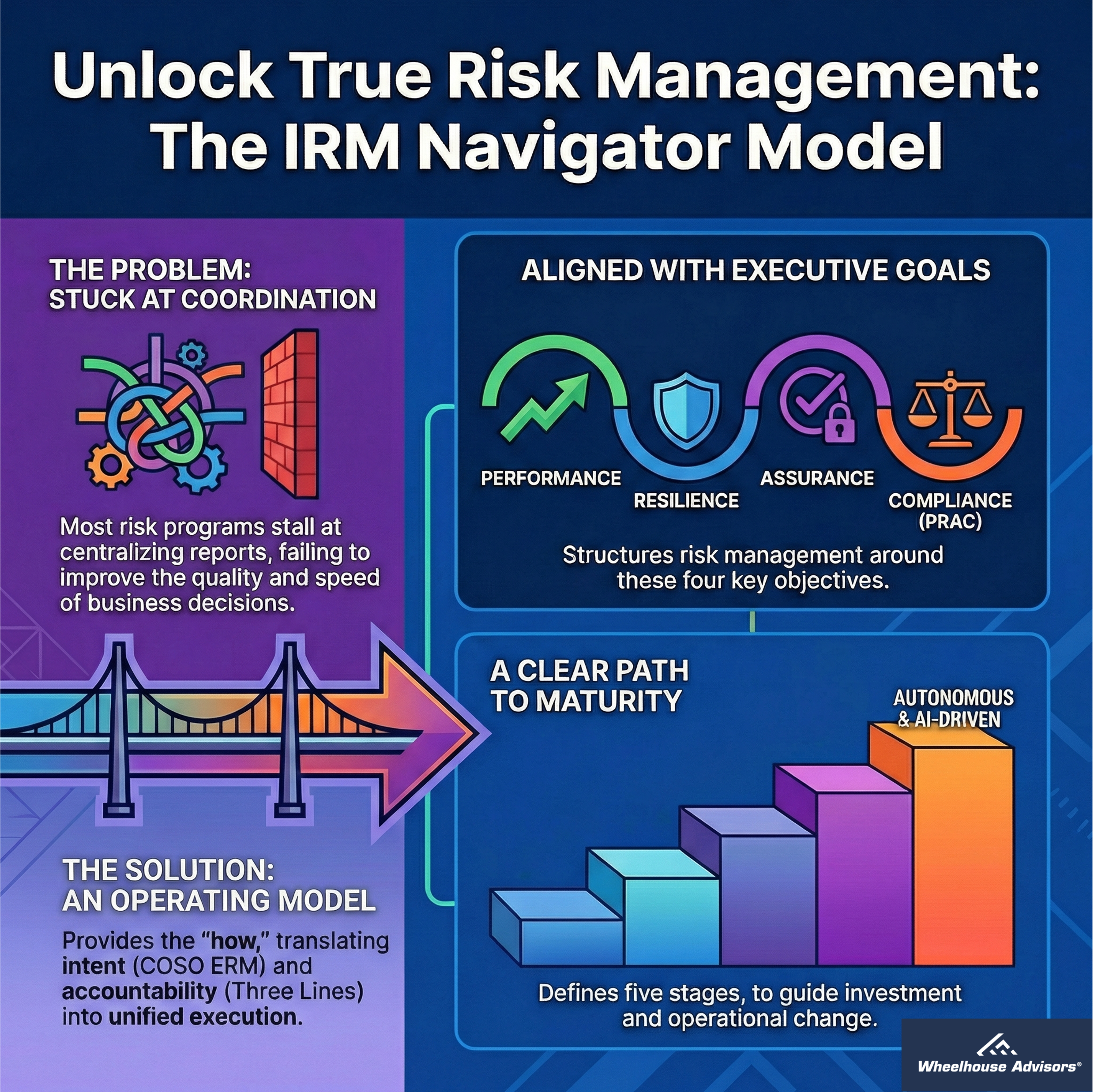
S6E3: The IRM Navigator™ - Turning Risk Into A Strategic Operating Model
Risk work that lives in reports but not in decisions is a hidden tax on performance. We tackle that problem head-on by unpacking the IRM Navigator™, an operating model that connects standards and roles to the real systems and moments where choices are made. Instead of treating risk as a sidecar, we show how to embed it into approvals, planning, and daily operations so decision velocity and decision quality rise together.
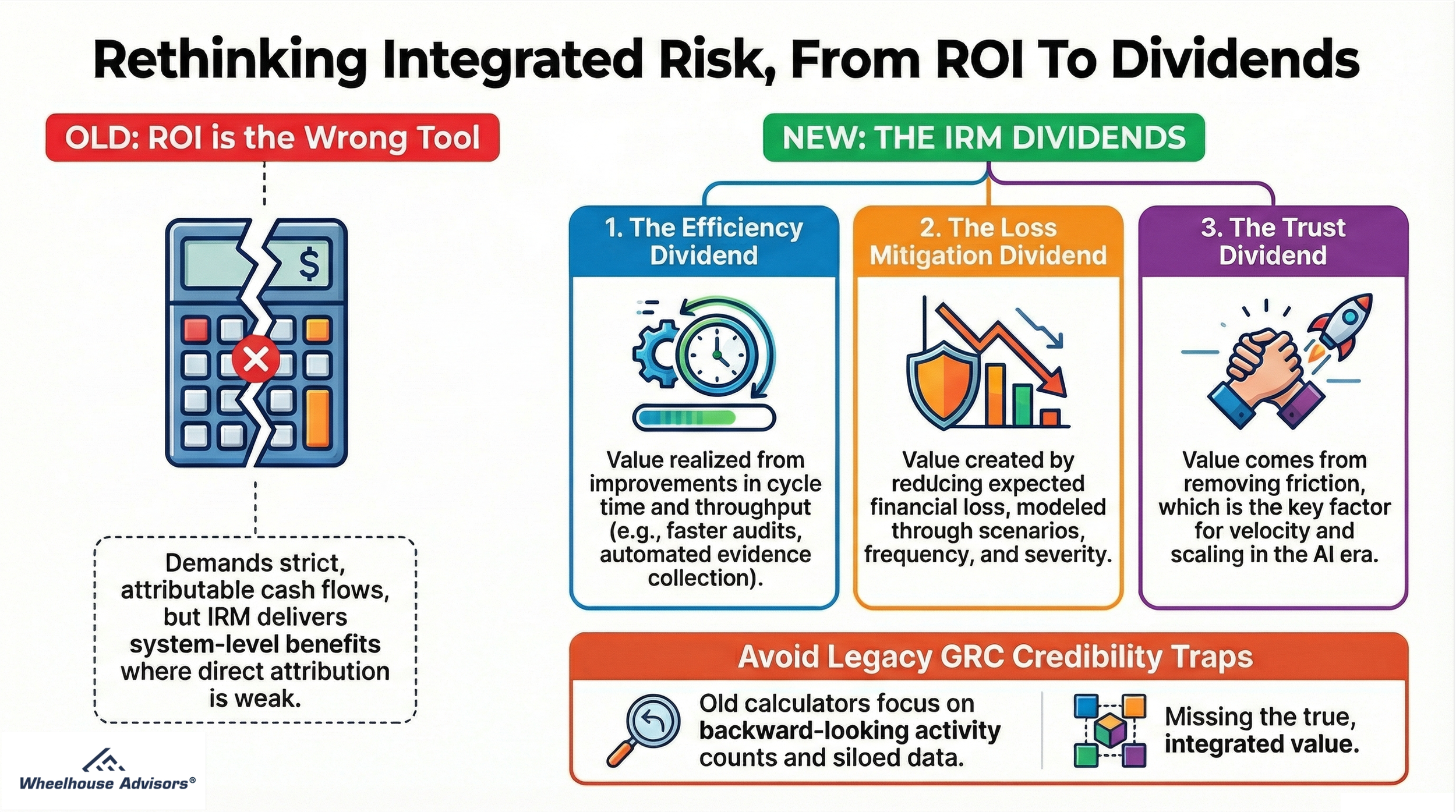
S6E2: Rethinking Integrated Risk, From ROI To Dividends
Integrated Risk Management (IRM) is repeatedly underfunded for a structural reason: leaders keep forcing IRM into an ROI construct that demands a single, auditable chain of causality, while IRM is designed to distribute value across multiple domains at once. In this episode, Ori Wellington and Sam Jones explain why ROI framing collapses into assumption-stacked narrative under CFO scrutiny, and why risk leaders need a finance-compatible alternative that remains decision-grade.
The episode’s answer is a disciplined shift: evaluate IRM with cost/benefit analysis, and label the benefit streams as dividends. Dividends are distributed outcomes that improve enterprise performance and resilience without requiring false precision in a single attributable cash-flow line.
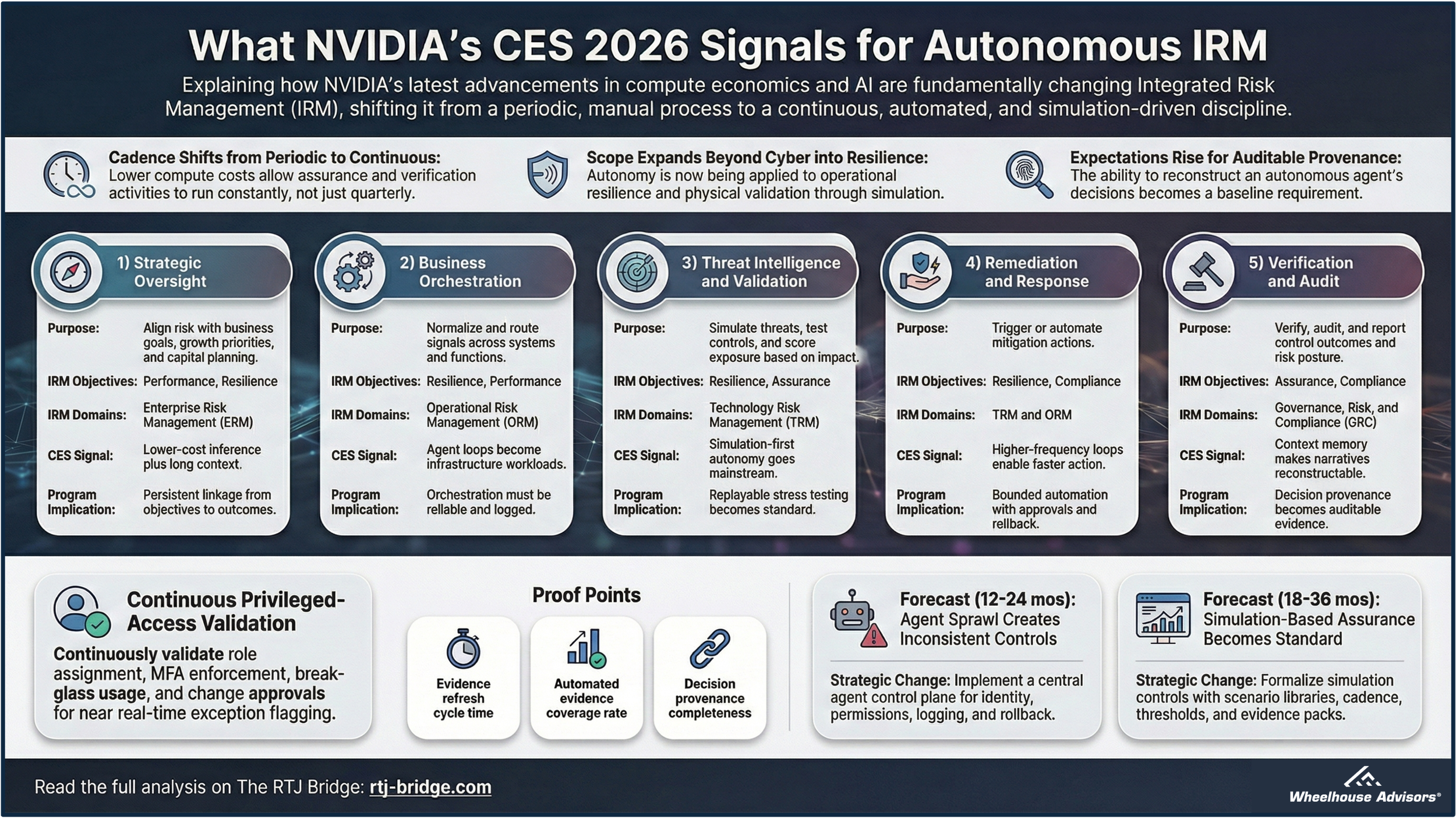
S6E1: NVIDIA CES 2026 - The Blueprint for Autonomous IRM
Season 6 opens with a clear message for Technology Risk Management leaders: autonomy is no longer constrained by model capability, it is constrained by infrastructure discipline and auditable management controls.
In S6E1, Ori Wellington and Sam Jones translate NVIDIA’s CES 2026 signals into a practical blueprint for Autonomous IRM, defined as continuous, AI-enabled verification and response loops that operate within explicit policy boundaries and generate audit-grade evidence by design. As inference costs fall, “always-on” control validation becomes economically viable at enterprise scale. That shift forces a new operating model: humans stop chasing evidence and start adjudicating pre-enriched exceptions with decision provenance, context, and rollback paths already assembled.
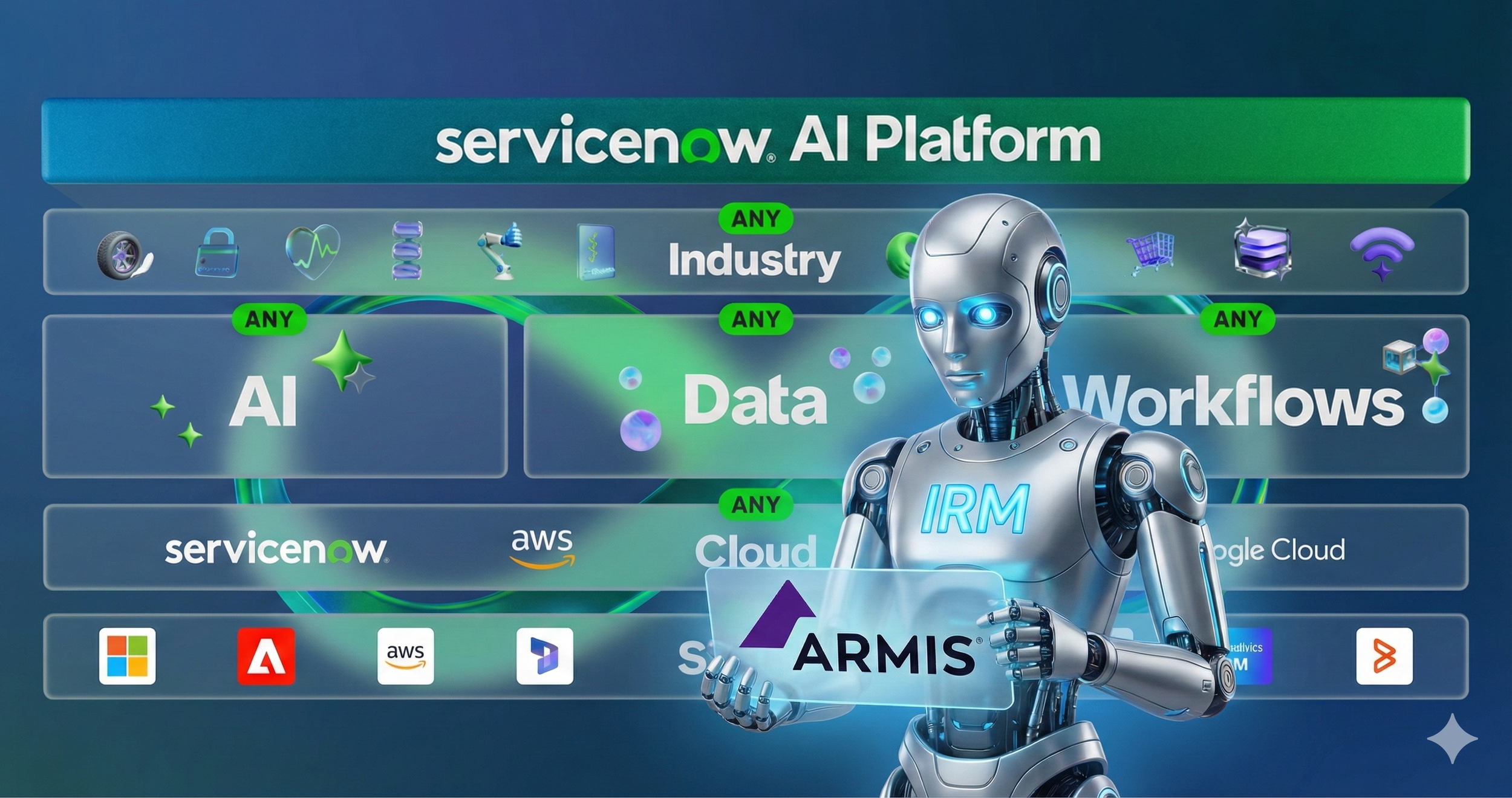
S5E9: ServiceNow Buys Armis, Telemetry Meets Workflow for IRM
ServiceNow’s planned $7.75B all-cash acquisition of Armis (targeted to close in H2 2026) is easy to misfile as “just another cybersecurity deal.” In this episode, Wheelhouse Advisors’ Ori Wellington and Sam Jones explain why it is actually a defining IRM market signal, one that raises the standard for what “risk management at scale” should mean going into 2026 procurement cycles.
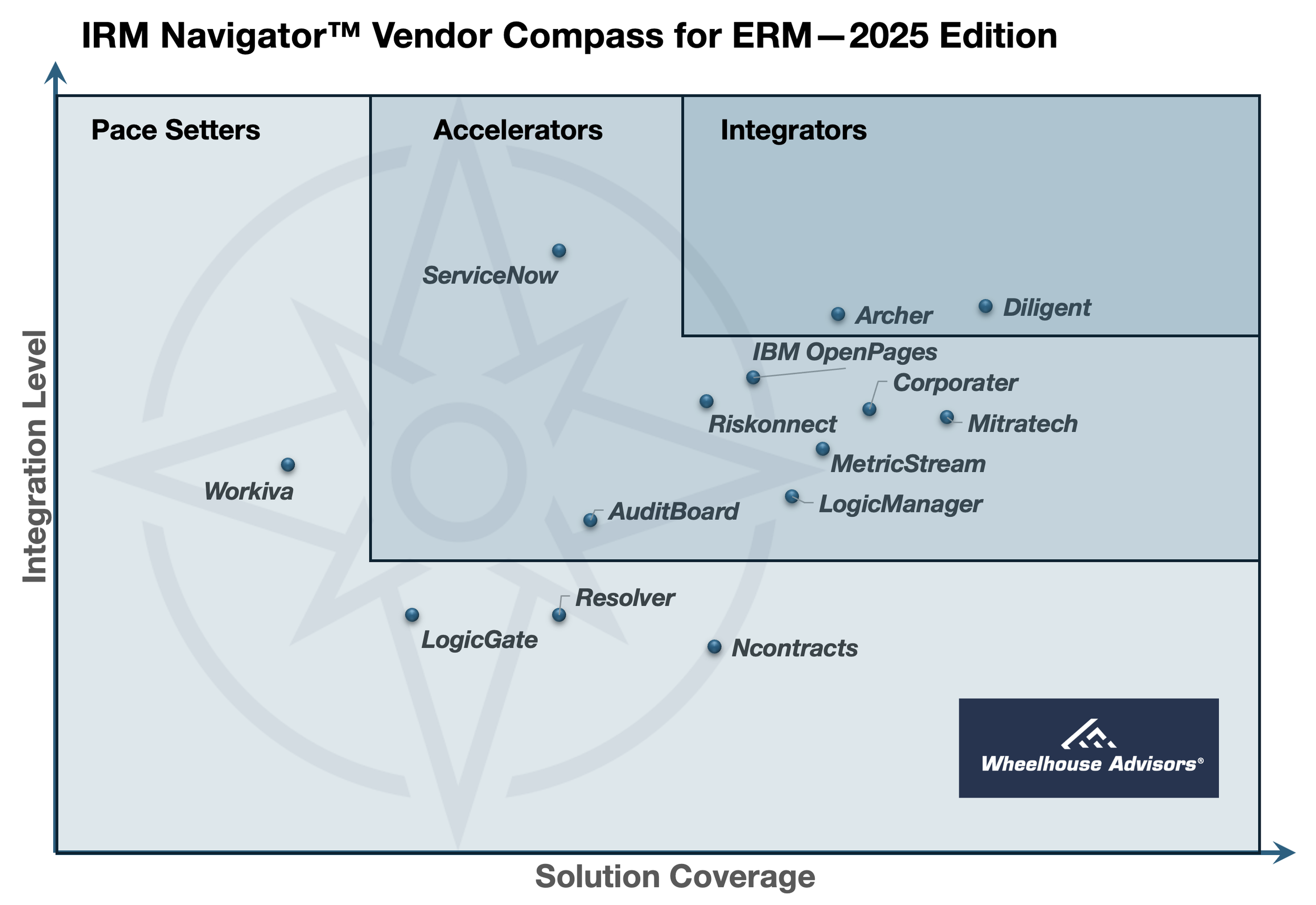
S5E8: 2025 ERM Vendor Compass, The New Enterprise Decision Layer
ERM has a perception problem, and in 2025 it becomes a performance problem. Many programs still optimize for completeness, annual reporting cycles, and beautifully formatted board packs. Boards increasingly optimize for something else: faster, defensible decisions under volatility. The market’s new standard is measurable and uncompromising: time to decision and time to evidence. If your ERM platform depends on manual synthesis to tell the story, the story arrives late, and leadership is forced to decide on partial facts.
In this episode, we unpack the 2025 IRM Navigator™ Vendor Compass for Enterprise Risk Management (ERM) and explain why ERM must operate as the enterprise decision layer. That means converting risk appetite into quantified thresholds and escalation logic, sustaining a living scenario portfolio that can be refreshed and reused, and reusing verified evidence from ORM, TRM, and GRC to produce board-grade outputs with traceability.

S5E7: Stop Buying Better Silos: How the IRM Navigator™ Curve Exposes RiskTech Hype
In this episode of The Risk Wheelhouse, Ori Wellington and Sam Jones tackle one of the most expensive mistakes in risk management today: buying impressive tools that quietly deepen silos instead of advancing your program. If you have ever sat through a RiskTech demo and wondered whether you are truly moving forward or just spending more, this conversation is your roadmap.
Ori and Sam unpack the IRM Navigator™ Curve, a visual model that traces the journey from fragmented Risk Dysfunction to unified Risk Agency, where human and machine agency work together inside validated guardrails. They explain the five maturity levels and four investment domains, then show why you cannot simply “skip ahead” by buying an advanced TRM or AI platform before your GRC, ERM, and ORM foundations are in place.

S5E6: Build An Emerging Risk Reflex Before The Next Shock Hits
The conversation centers on a stubborn truth: most boards are well briefed on emerging risks, yet few translate insight into movement. The research shows 76 percent receive comprehensive risk reports, 42 percent engage meaningfully, and just 22 percent act. That collapse at the decision point is the “funnel of inaction.” The hosts argue that leaders chase the wrong fix by investing in problem precision using hyper-detailed probabilities and impact ranges. This approach only provides a marginal, statistically insignificant uplift in action. Precision invites skepticism, shifts attention to model assumptions, and implies costly, multi-year programs that boards rationally defer. The better path is to reframe conversations around solution options that emphasize low regret actions, the cost of delay, adjustments to existing programs, and clear pacing across quarters.
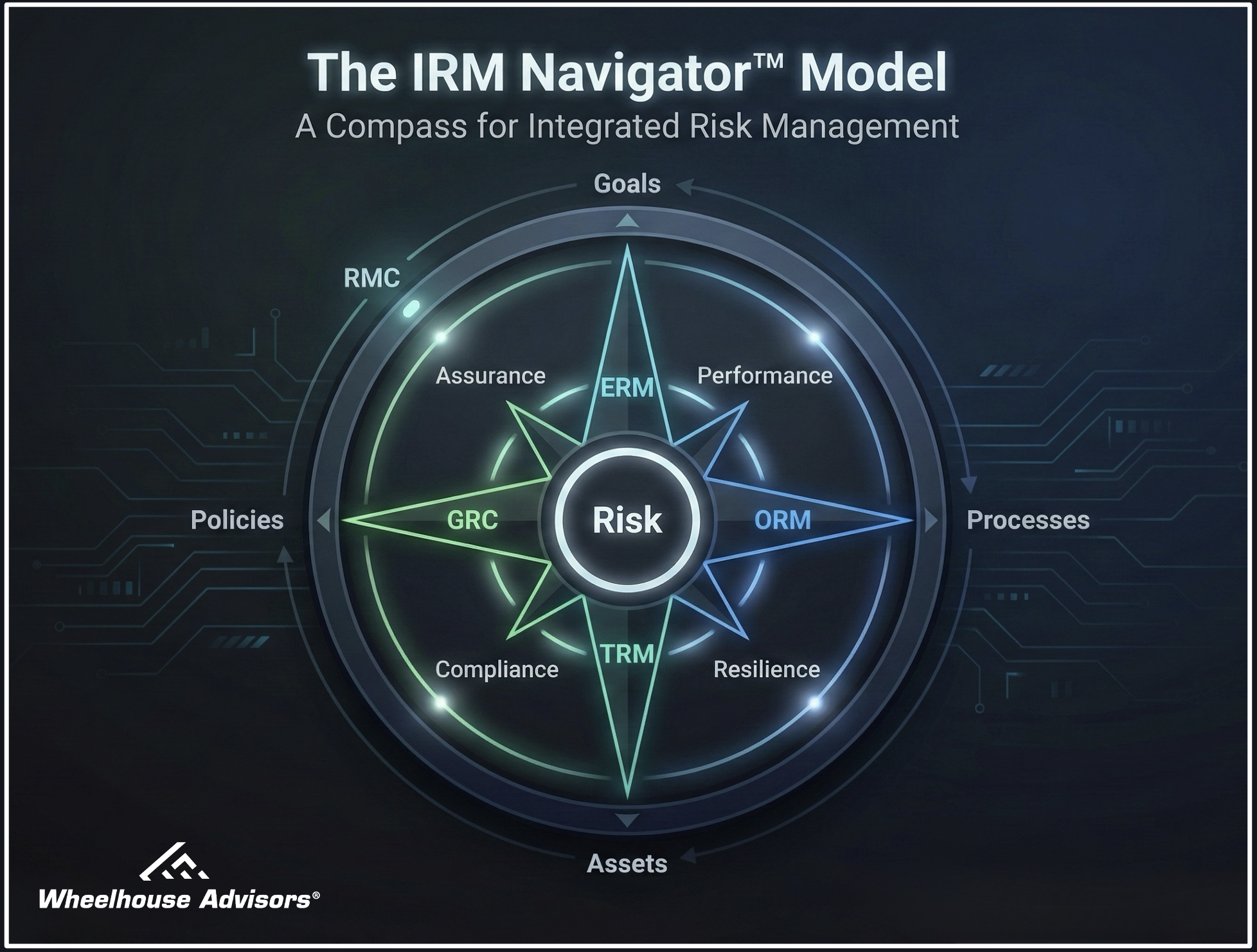
S5E5: Why GRC Stabilized And IRM Took The Lead
The latest episode of The Risk Wheelhouse tackles one of the strangest sights in this year’s risk technology landscape. The “2025 Gartner Magic Quadrant for Governance, Risk, and Compliance” arrives with an empty Visionaries quadrant. No challengers, no upstarts, just silence where innovation used to live. Rather than treating this as a warning sign, Ori Wellington and Sam Jones explain why the quiet is a signal that GRC has finally stabilized into what it was always best suited to be: the institutional assurance backbone that proves what happened, preserves the evidence, and keeps auditors, regulators, and boards on solid ground.

S5E4: Unified IRM - AI Governance, Acquisitions and Alliances
We dive into why AI governance is now table stakes for any serious IRM platform, what an effective AI registry and dynamic risk assessment look like, and how automated compliance mapping to the NIST AI RMF, ISO 42001, and the EU AI Act changes daily work. Along the way, we unpack recent moves like AuditBoard’s AI-focused acquisition and its expanded alliance with a major consultancy, illustrating why services plus software has become the adoption formula. On the ESG front, partnerships that link board reporting with carbon accounting signal a deeper integration of climate and sustainability data into operational risk and financial performance.

S5E3: 2025 ORM Vendor Compass - The Enterprise Resilience Engine
Resilience isn’t a binder anymore. It’s a live system that has to perform under pressure. We pull apart the 2025 IRM Navigator™ Vendor Compass for Operational Risk Management (ORM) to show how ORM moved from back-office compliance to the execution engine of enterprise resilience. The stakes are massive. They include billions in spend, tighter regulations across the US, UK, and EU, and a rising demand for continuous, auditable proof that controls actually work when services fail.
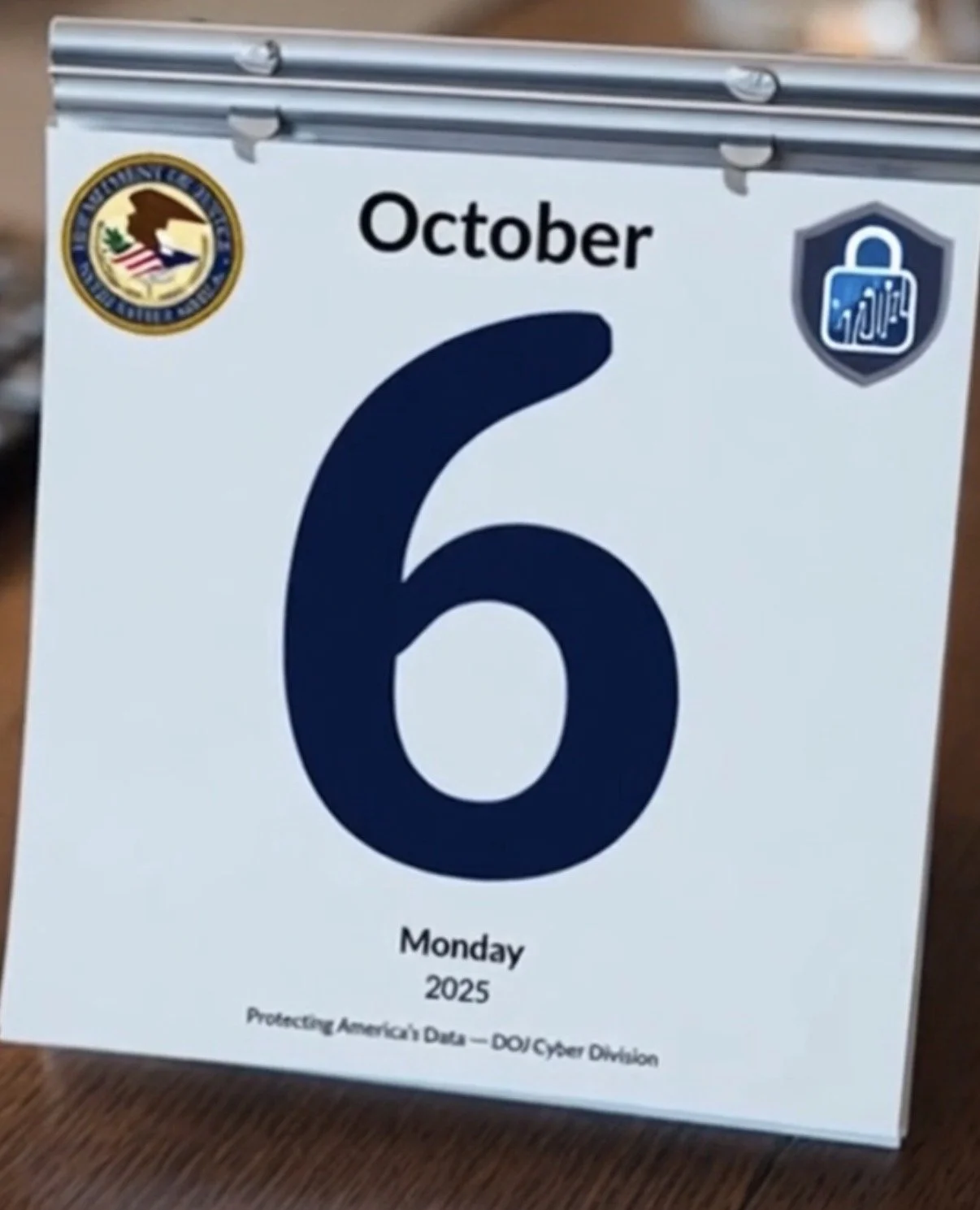
S5E2: Redrawing Data Lines - DOJ’s DSP and the New National Security Mandate
Your “encrypted” data may still be regulated and today the rules start to bite. We unpack how the Department of Justice’s Data Security Program moves from guidance to strict enforcement and why it reframes data governance as a national security mandate. From redefining “covered data” to treating anonymized and encrypted datasets as in-scope when they enable linkage or inference, we walk through what changes right now for risk leaders, counsel, and compliance teams.
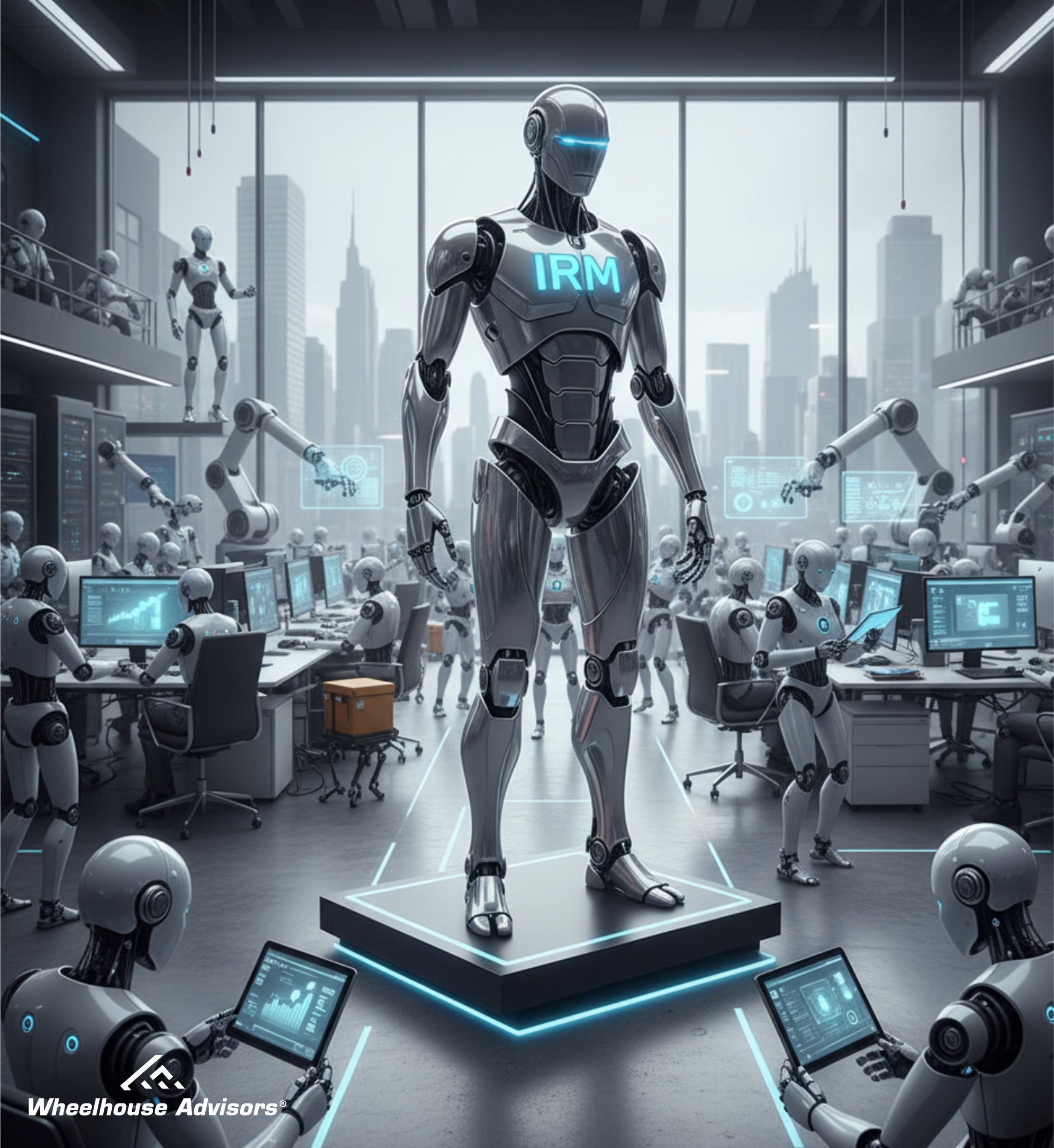
S5E1: When AI manages risk, who manages the AI?
Autonomous IRM is moving from the lab into the core of enterprise risk, compliance, and security and the stakes couldn’t be higher. When a self-learning agent flags threats, scores claims, or polices policy violations, who is accountable, how do we intervene, and what proof can we show regulators and customers? We unpack the three frameworks shaping credible answers: ISO/IEC 42001 as a certifiable management system that embeds AI governance into everyday processes, the EU AI Act as hard law with high‑risk tiers and eye‑watering fines, and the NIST AI Risk Management Framework as a practical playbook for building trustworthy systems.

S4E11: Behind Boardroom Doors - The New Era of UK Corporate Transparency
Corporate governance is undergoing a revolution in the UK, and Provision 29 of the 2024 Corporate Governance Code stands at the epicenter of this transformation. Far beyond traditional financial oversight, this groundbreaking rule mandates unprecedented transparency from company boards about their internal controls across all domains – financial, operational, compliance, and critically, technology.
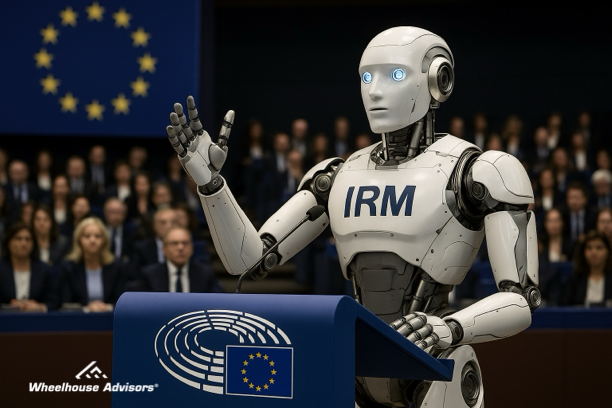
S4E10: From Boardroom to Code Base - How the EU AI Act Reshapes Business Strategy
Artificial intelligence stands at a crossroads of breathtaking innovation and urgent need for responsible guardrails. Every breakthrough brings questions about safety, fairness, and accountability that can no longer be afterthoughts. The European Union has responded with the AI Act – the world's first comprehensive legal framework for artificial intelligence – and its General Purpose AI Code of Practice has already secured commitments from tech giants like OpenAI, Google, Microsoft, and Anthropic.
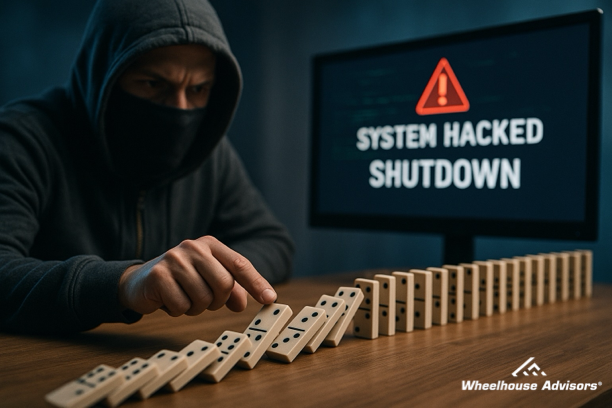
S4E9: The SaaS Domino Effect - How Compromised OAuth Tokens Created a Cybersecurity Nightmare
Behind every digital business lies an invisible web of trust: the OAuth tokens silently connecting your applications. What happens when these trusted connections become your greatest vulnerability? A sophisticated attack campaign recently exploited these connections, bypassing traditional security measures to breach major cybersecurity companies including Cloudflare, Palo Alto Networks, and Proofpoint. Rather than directly attacking primary platforms, threat actors targeted Drift's OAuth integration tokens, effectively stealing the keys that allowed them to impersonate this trusted web chat tool when connecting to enterprise Salesforce instances.
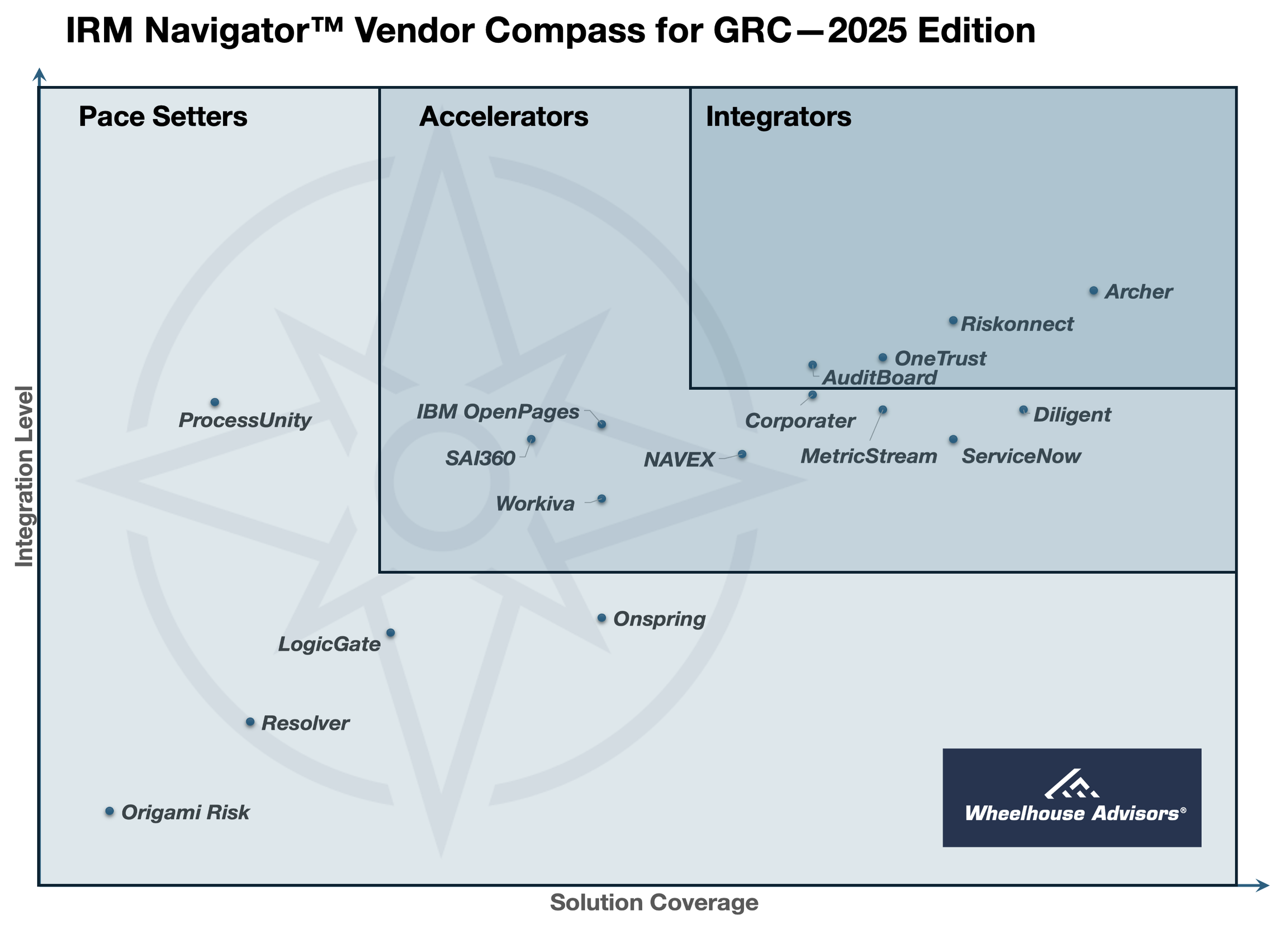
S4E8: Beyond Binders - GRC's Radical Shift to Integrated Risk Management and Enterprise Trust
Governance, Risk, and Compliance (GRC) has undergone a remarkable transformation. What was once the "department of no" – characterized by manual checklists, endless audits, and rooms full of binders – has evolved into a strategic verification backbone powering trust across organizations.
This radical shift positions GRC at the center of Integrated Risk Management (IRM), where policies, controls, and compliance data flow dynamically through organizations to provide real-time assurance. The market reflects this evolution, with GRC projected to grow from $12.1 billion in 2025 to $25.1 billion by 2032 – not as an unavoidable cost, but as a strategic investment that builds market-enhancing trust and enables bolder innovation.
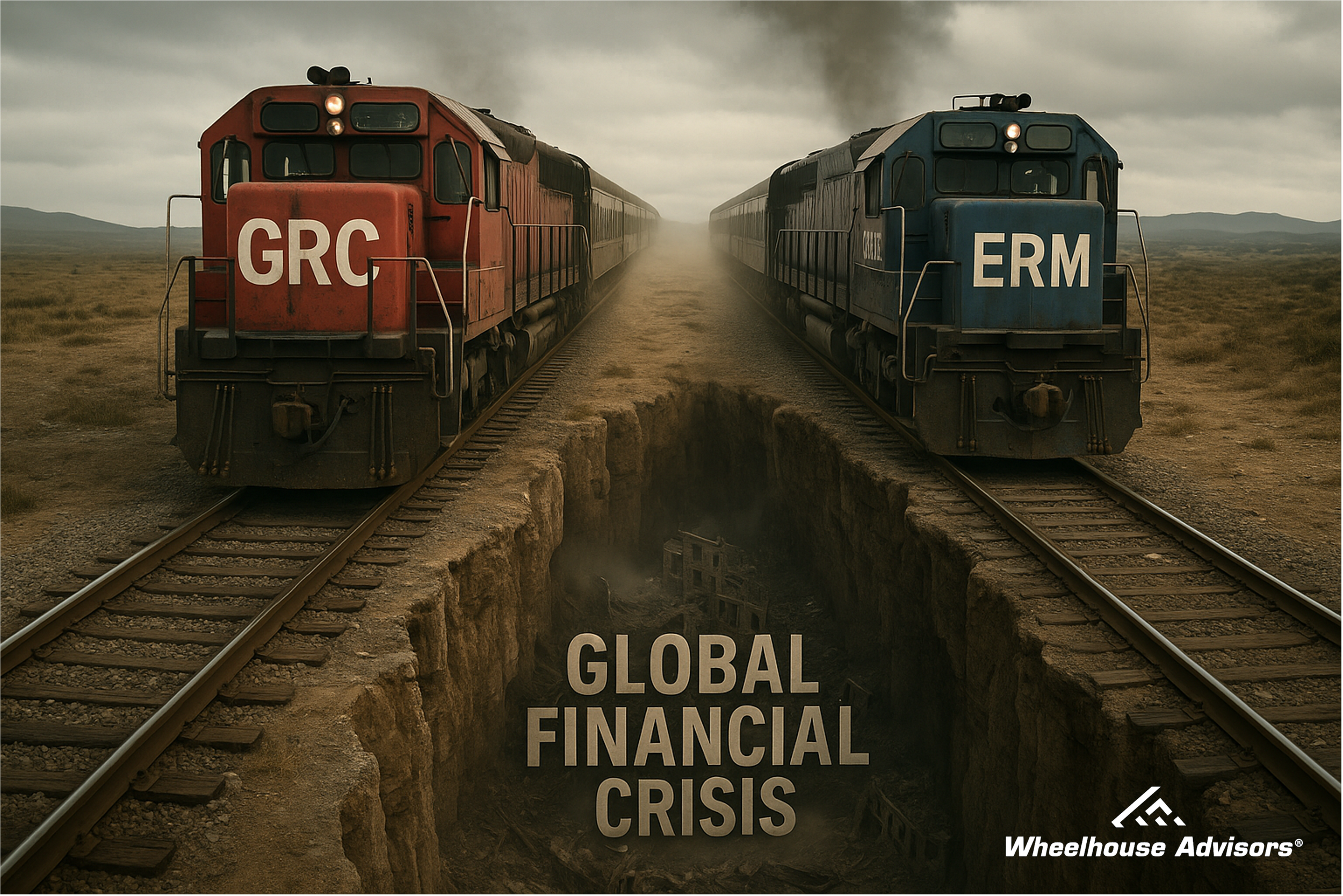
S4E7: The Academic Reckoning of Risk Management
Risk management evolution isn't just about new acronyms. It's about organizational survival in an increasingly complex world. When we examine the journey from checkbox compliance to genuine integration, we uncover profound lessons about how businesses navigate danger and why some approaches fundamentally fail when pressure hits.
This deep dive traces the fascinating progression from Governance, Risk and Compliance (GRC) through Enterprise Risk Management (ERM) to today's Integrated Risk Management (IRM) framework. Drawing from John Wheeler's powerful "Risk Ignored" series, we explore how GRC emerged after Sarbanes-Oxley as an elegant solution on paper that quickly collapsed under its own weight. As Norman Marks memorably quipped, GRC often stood for "Governance, Risk Management, and Confusion."
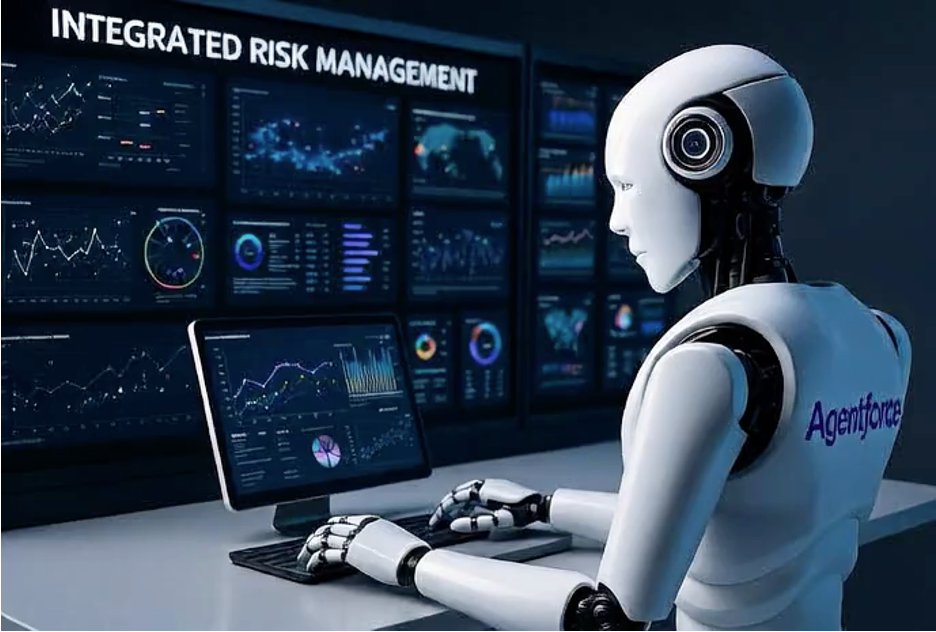
S4E6: When AI Agents Outnumber Humans
The rapid proliferation of AI agents throughout enterprise environments isn't just another tech trend—it's a fundamental transformation of how organizations operate. When Nikesh Arora, CEO of Palo Alto Networks, warns that "there's going to be more agents than humans running around trying to help manage your enterprise," he's highlighting a seismic shift that demands immediate attention.

S4E5: Wheelhouse's 2025 IRM Navigator™ Vendor Compass for Risk Management Consulting
The fog of risk management is lifting. What was once a checkbox exercise has transformed into a strategic imperative that drives enterprise resilience and competitive advantage. Dive deep with us as we explore the groundbreaking 2025 IRM Navigator™ Vendor Compass for Risk Management Consulting Report from Wheelhouse Advisors. This essential analysis maps the dramatic evolution underway in how organizations operationalize Integrated Risk Management (IRM) and the crucial role expert consulting now plays in this landscape.

S4E4: How Workiva's 32% Stock Surge Reveals a Deeper Industry Transformation
Workiva's spectacular 32% stock surge after their Q2 2025 earnings reveals something much deeper than just a strong quarter. Their $215 million revenue (up 21% year-over-year) and impressive 114% net retention rate signal the market's growing confidence in their strategic transformation—a shift that parallels the entire risk management industry's evolution.
What makes this story fascinating is the context. Before this surge, Workiva had struggled, with their stock down 24% over two years due to overreliance on specific regulatory drivers like the EU's Corporate Sustainability Reporting Directive. When regulations faced delays, revenue recognition suffered, spooking investors. This vulnerability exposed a fundamental weakness in their business model.
